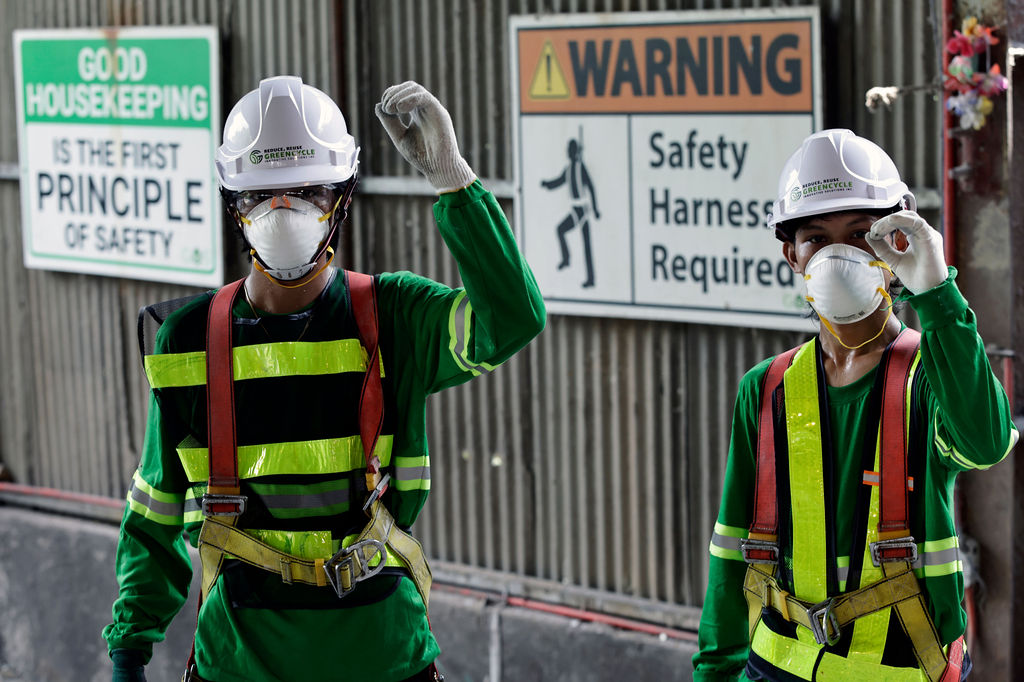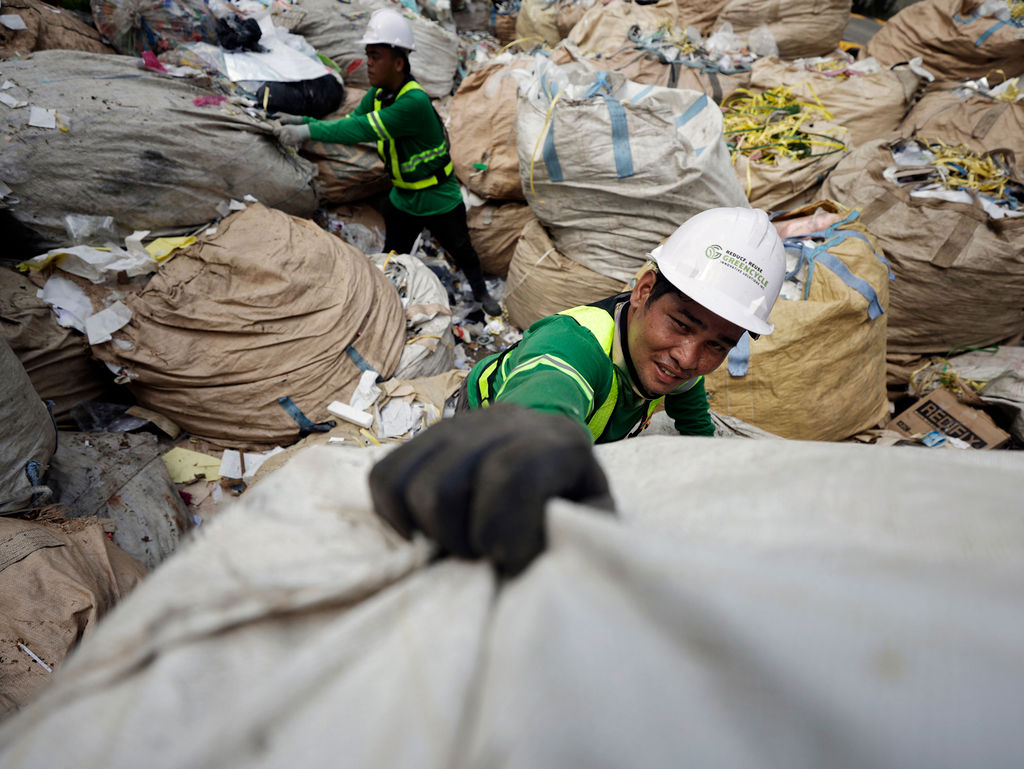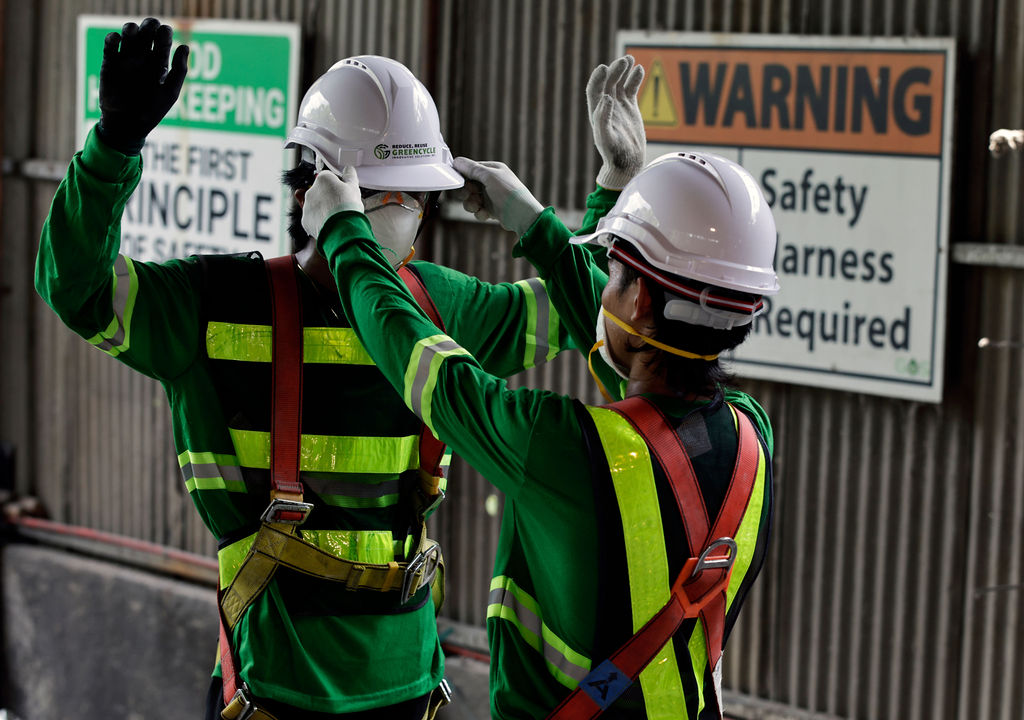
This is what psychological safety looks like
Refuse and recyclable material workers face a difficult job, as they encounter a cocktail of risks including falls, accidents with industrial machinery and heatstroke. No wonder, then, that it is ranked the fourth most dangerous job category in the United States. In the Philippines, where the majority of workers do not enjoy effective occupational safety and health, the challenge is particularly stark.
GreenCycle Innovative Solutions, a waste management firm with sites across the Philippines, is addressing this issue head on. Their refuse-derived fuel facility in Imus City recently implemented a comprehensive upgrade in safety frameworks – from new safety lines to intuitive floor signage and the installation of water tanks. The result is that their workers enjoy not just physical safety but psychological safety – a sense of comfort that their wellbeing is looked after, and this leads to far higher rates of worker effectiveness, happiness and retention.

Supported by the Alliance to End Plastic Waste, GreenCycle’s Imus plant runs 24 hours a day, and specialises in transforming waste into valuable materials through a multi-stage process. Every year thousands of tonnes of waste are collected, sorted, shredded and baled, ready to be used as refuse-derived fuel. This helps divert waste from landfills and water bodies.

Workers run through regular mandatory checks at each workstation to ensure their personal protective equipment is worn correctly, while brightly painted walkways guide them down safe paths. To encourage a strong adherence to protocols, the facility is working on reward programmes for staff.

Shredders and a baler are vital workhorses onsite, but are strong enough to crush bone if misused. To mitigate this risk, the facility is manned by trained onsite medics yet another way that workers feel supported psychologically, knowing that they will be expertly looked after in case an accident occurs.
.jpg)
Routine “toolbox talks” ensure updates occur often to cement a vibrant safety culture, ensuring that every worker knows they can raise safety questions or concerns. Topics include electrical hazards and earthquake safety (the latter is a necessary theme, in a nation that experiences up to 150 felt quakes a year).
.jpg)
The workers work with a lifeline at certain stations to protect them from falling from heights or stumbling into the shredder hopper, which uses powerful blades to compact plastic. To ensure staff function as a team that always looks out for one another, GreenCycle hosts outings and team bonding activities.
Stay in the loop
Subscribe to our newsletter for the latest news and updates from the Alliance





.avif)






